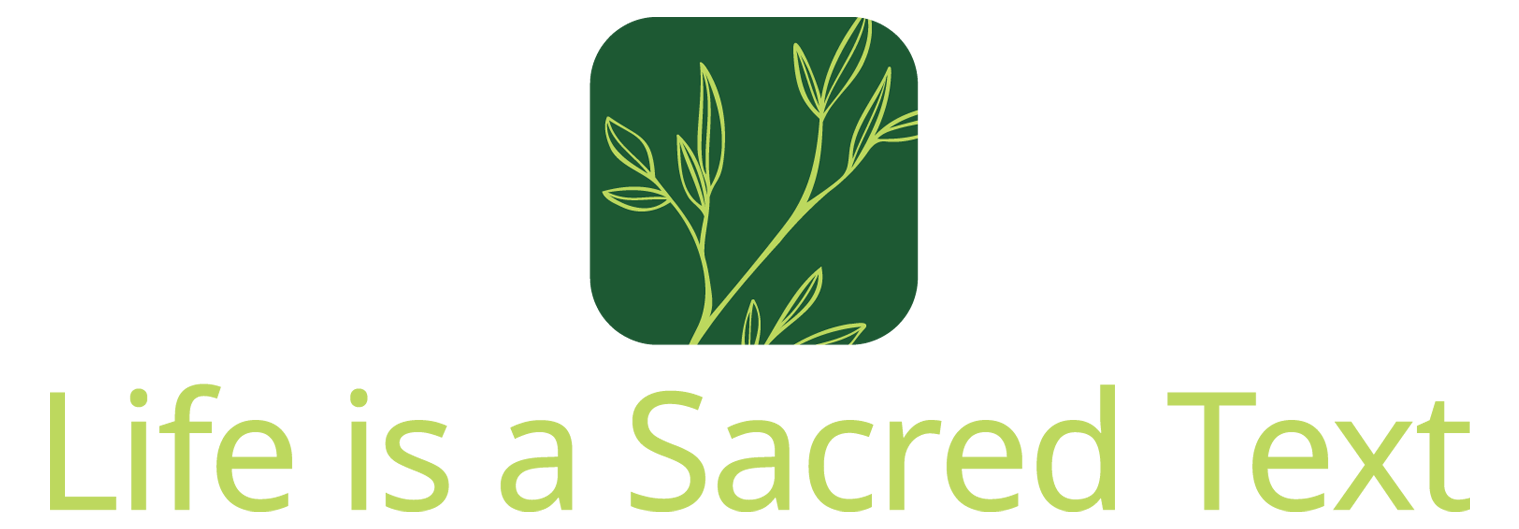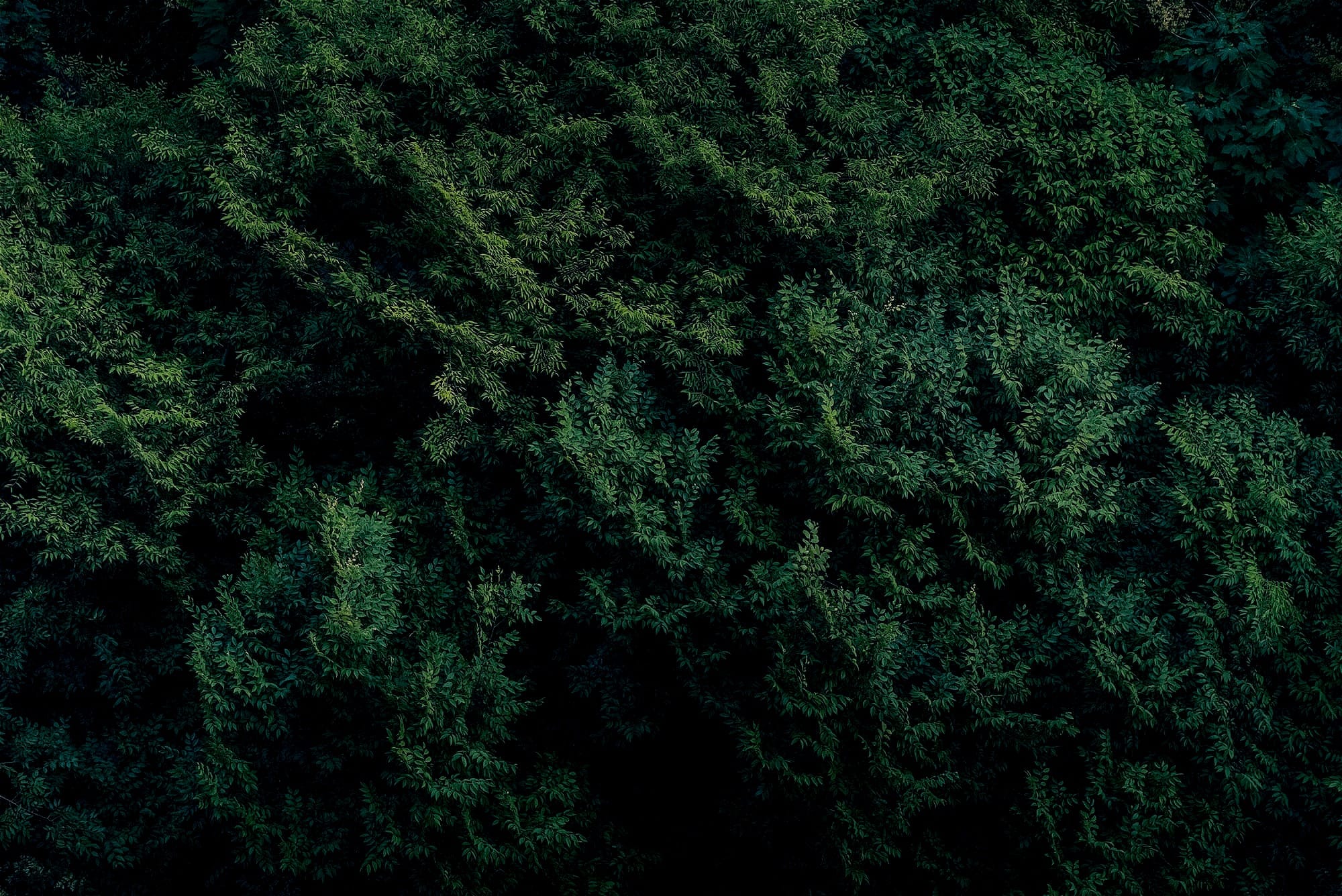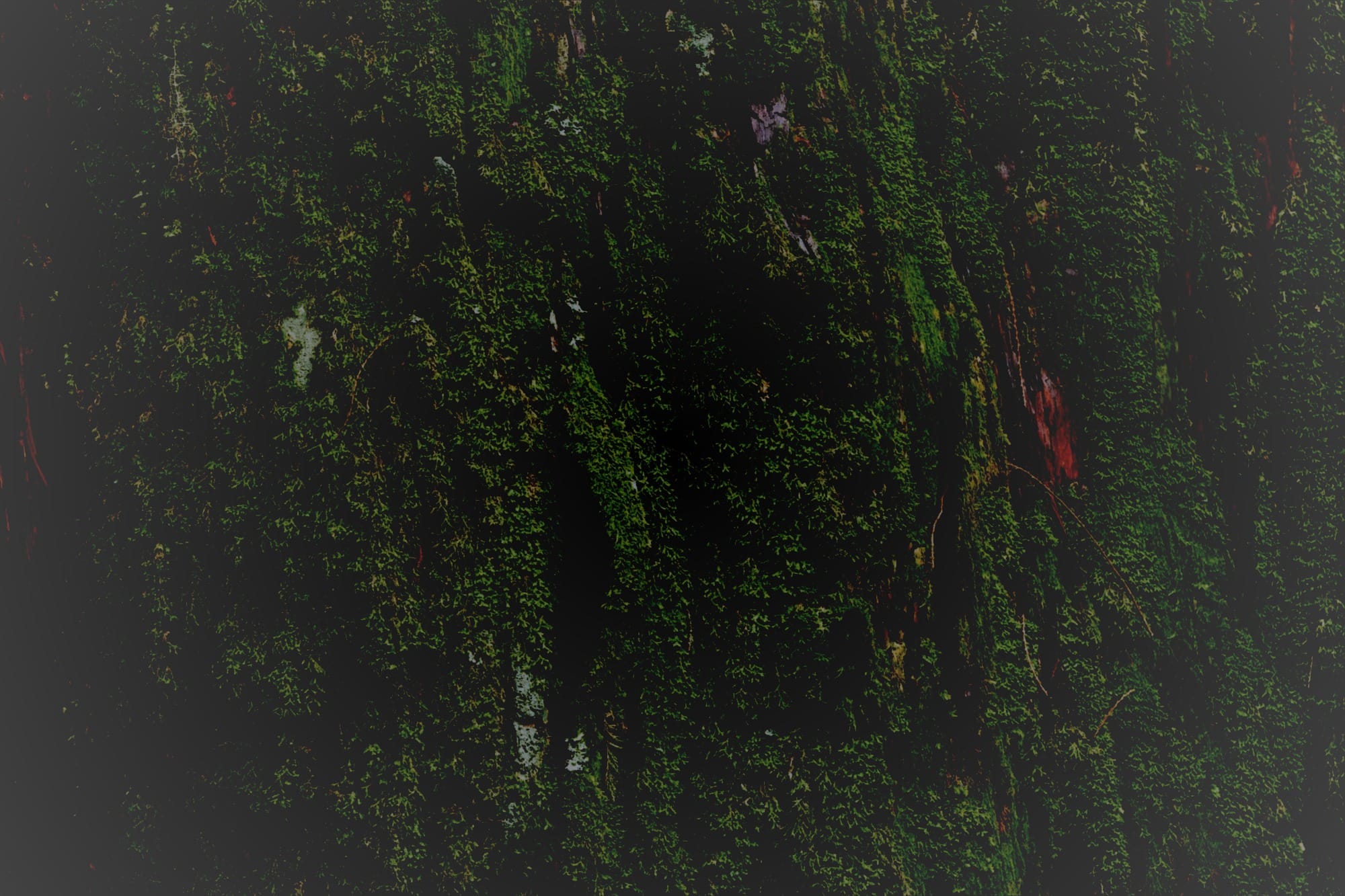Hi.
I’m Rabbi Danya Ruttenberg. I’ll be your cruise director.
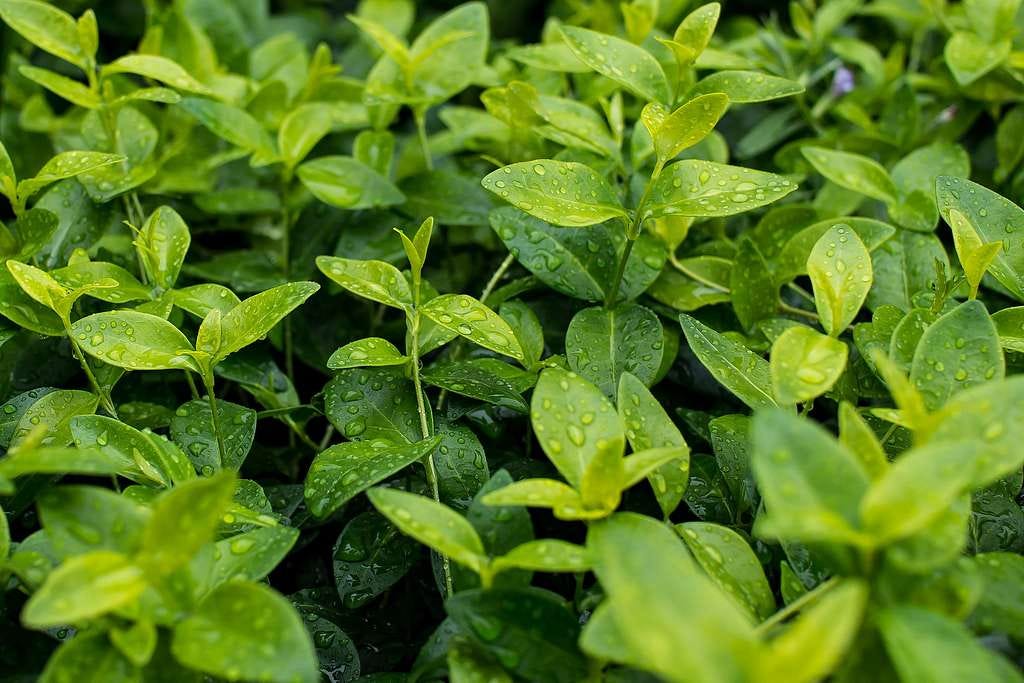
Come along on a fresh, expansive, loving, everybody-celebrating, nobody-diminished voyage into one of the world’s most ancient and holy books. (And, sometimes, on some side-quests to some other places at the intersection of history, culture, Cool Weird Stuff, and deep meaning).
And yeah, that one thing is a book about which a lot of people have a lot of Big Feelings, to be sure—but I believe, passionately, that despite the fact that it’s been used as a bludgeon by too many people over the centuries, it’s really a roadmap for transformation in all the most critical of ways.
Yeah, I’m talking about the Five Books of Moses.
The stories of Genesis, Exodus, Leviticus, Numbers and Deuteronomy can, chapter by chapter, help us to do the work we must do to become the people we are meant to be; can help us to become more useful to a world in need; can sustain us and nurture us as we do this work; can give us better tools to meet the inevitable challenges along the way.
This a project for everyone—for Jews and non-Jews, for people who believe in God, people who don’t, and people who are kind of *shrug emoji* on the subject.
This space is an exploration into these stories and others–a meditation, a chance to see our own lives more clearly by looking at them through the lens of ancient tales—to catch ourselves reflected back, to illuminate what might have been hard to discern.
Your life is a sacred text.
It can be read in so many ways.
This, maybe, is one of them.
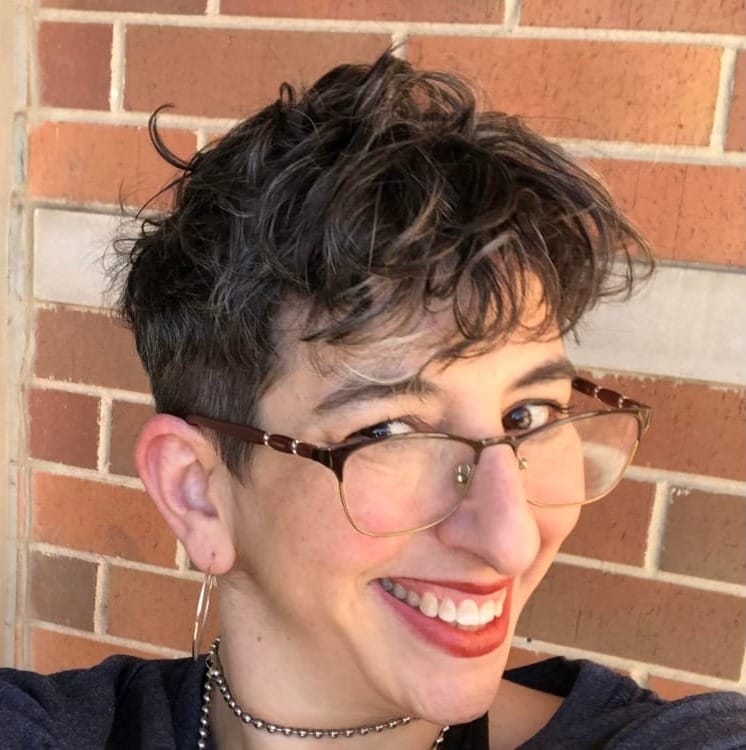
As for me, I’m the award-winning author of eight books, most recently On Repentance and Repair: Making Amends in An Unapologetic World, which is a National Jewish Book Award winner, an American Library Association Sophie Brody Honor Medal winner, and has been longlisted for the UK's prestegious Wingate Prize. It's about the work of accountability and transformation in our personal lives, the public square, in institutions and on the national level, and, has been called "A must-read for anyone navigating the work of justice and healing" by Congresswoman Ayanna Pressley.
I’ve written for outlets like The New York Times, The Washington Post, The Atlantic, Newsweek, Time and others, and have doing work fighting for a more just world for over three decades. (Here's something of a manifesto about that.) Sometimes that's happened in a more formal role–I served as rabbi in an org focusing on economic justice during the Trump years (ugh 1.0 that is) and was deep in the trenches of the repro world during the years leading up to and beyond the fall of Roe (and have the somatic to-do list to prove it). Sometimes it's been semiformal, like a number of times, now, when I've been part of committees (and even more that I've consulted with committees) creating deep systemic change around gender and power in my community; often it's about being part of networks moving power in ways that aren't always seen; or being part of– always, always and forever– the kind of grassroots organizing that I learned from the ACT-UP and Queer Nation activists I met while doing abortion clinic defense as a high school student. We need all hands on deck, and there's a lot of deck. Find your place on board. Anywhere is great.
My pronouns are she/her. Would love to have you come hang out with me here.
A longer (but still condensed) version of my story is at the bottom of the page, if you want more on that.
For the full experience, join the community.
For more of everything—archives, guided text study, open discussion threads, more musings, Ask The Rabbi threads, guest posts and building community through applying the biggest questions to our own lives—join the Life is a Sacred Text community.
And, to be frank, I put a lot of labor into this project—a lot of time, a lot of years of learning and thinking, of writing and rewriting and double-checking sources into this. I believe in an ethos of paying people for their work (especially in religion spaces, where there can be an entitlement around clergy time and energy). If you love this newsletter, get value out of it, and believe in paying people for their work, consider a paid subscription.
Please know that nobody will ever be kept out of the community due to lack of funds. Just email support@lifeisasacredtext.com for a hookup.
Thanks for being here. Shine big.
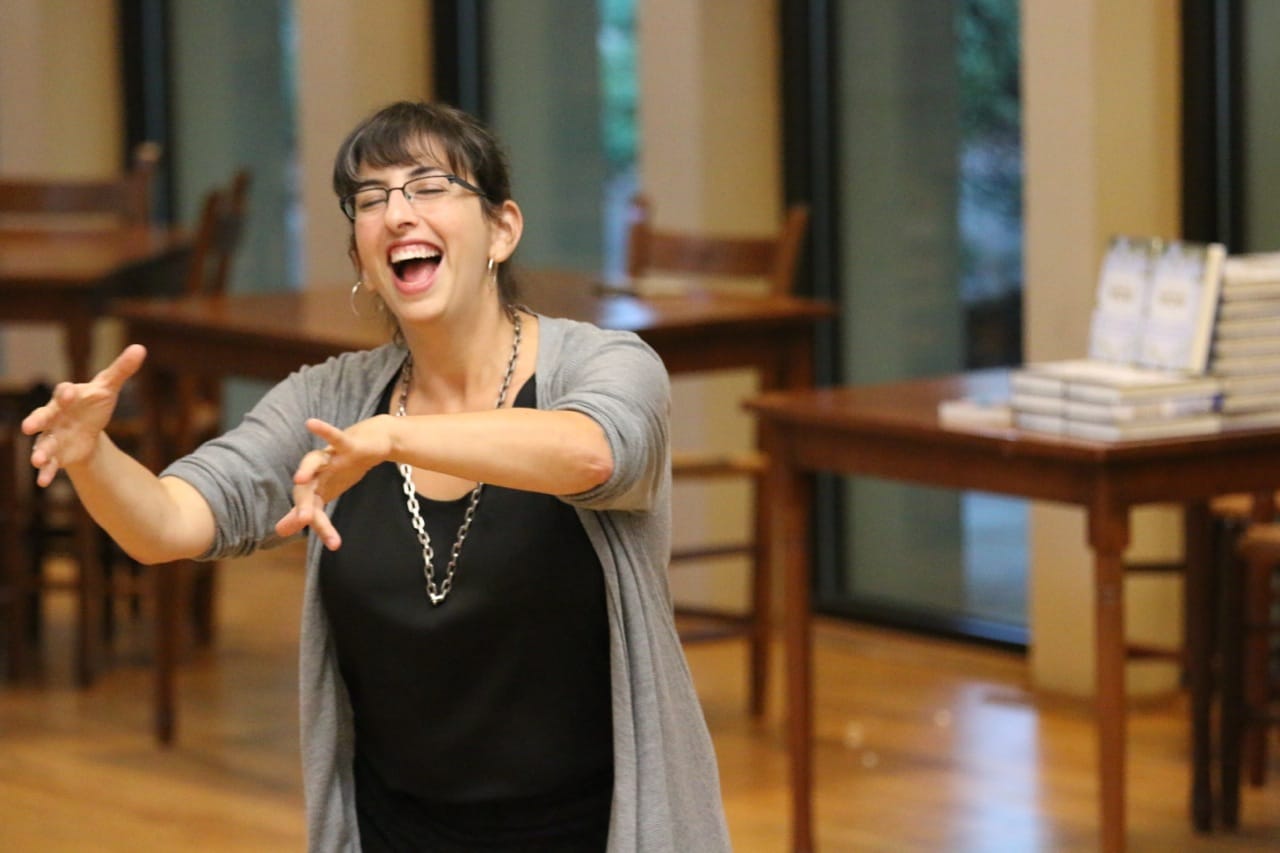
If you want a bit more background about the person writing most of this stuff:
Here's the tl;dr version of my story (I wrote the whole thing out in a book on taking on a spiritual practice called Surprised By God, if you want the extended dance remix.):
I'm agonizingly Gen X, born mid-70s. I was raised in classic American suburban 1980s Jewry– synagogue a couple of times a year, strong cultural identity. I decided I was an atheist at age 13, the same year (1988) I discovered punk rock. I spent high school reading philosophy and going to shows (half the time some friends' friends in somebody's cramped basement). I also cofounded my school's first GSA/safer sex/abortion rights club.
I came out as queer roughly 15 minutes after getting to college. I somehow wound up majoring in Religious Studies, which was like philosophy, but with history and literature smooshed in, too. My mom died when I was in college; as a result, I found myself back in synagogue saying the Mourner's Prayer, but this time, after reading lots of ritual theory– huh. I could see things in the service that I'd never noticed before. Also, in mourning, things got weird, spiritually. A lot of new questions and experiences began to start coming up that were, uh, kind of confusing.
I moved to San Francisco after college because I could, and it was the late '90s and the city hadn't been broken yet; I had a delightful time doing my early 20s in a place where queerness and gender–and spirituality–were doing all sorts of expansive, incredible things. My yearning for a place to continue the Jewish conversation I had begun with myself landed me, almost by accident, in Rabbi Alan Lew's synagogue; five years of following him around developed my burgeoning Jewish spiritual questions into a practice that had both heft and depth. The choice to move from freelance writing to rabbinical school was both complicated and easy, and definitely made me the outlier among my motley crew of friends, I'll tell you that.
My move into the intensive Jewish culture of rabbinical school was strange because I didn't go to Jewish youth group or camp, I didn't go to day school; I definitely did not come to seminary knowing all the tunes for all of the songs that everyone seemed to know, and so forth. Let's just say that I come honestly by my commitment to make things accessible to people who don't know the Hebrew terms and etc.
And I believe there is beauty in my tradition that can transform everyone, just as reading about Julian of Norwich and Muhammad were instrumental to me at various points on my long, weird, winding path.
To clarify: I don't believe in the buffet model of spiritual practice (aka pick a bit from Column A, appropriate a bit from Column B, oh, and here's a Jewy thing that I can do or an Indigenous practice that I can appropriate that seems cool...)– that is, I think you should have a spiritual path that is your path and do that thing only (but, notably, investigating conversion is not the same as stealing someone's stuff to just add to your practice!)
But I do think that we should all read widely, and learn broadly. It only makes us better and wiser and more capable of understanding our own sacred texts–whatever our tradition–or our culture–in a more thoughtful way. There's no downside. I am everybody-celebratory because... I dunno, everyone matters and should be celebrated?
(I remember a conversation with someone who had power when I was a rab student; he encouraged me to get a nice prestigious pulpit and not–as he put it, in a sneering, dismissive tone, "become a rabbi just to the people on the fringes." I remember thinking, but not saying–because it really wasn't the moment–"but... those are my people!!" My first job out of rabbinical school was as a campus rabbi working to find ways to meet the needs of students who weren't naturally finding their home at the Hillel. AKA: rabbi to the students on the fringes. Ha.)
Anyway, creating a space where there are more benches in the beit midrash is an ongoing process, one that demands that I continue to work to get over and beyond my own biases and the oppressive perspectives I have internalized from our oppressive society. It's an ongoing process, but the most important one. The treasures are here. A lot of people don't have their way in, or have been barred from the door. I'm just trying to serve as the access point, in so many ways. (Also I have a lot of weird ideas, and some of them are pretty good, I think.)
Welcome. I'm so thrilled to have you here.
Whoever you are, wherever you're from, and whatever perspective you're bringing to the conversation.
